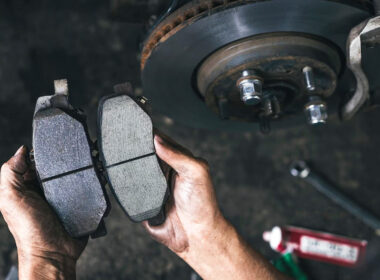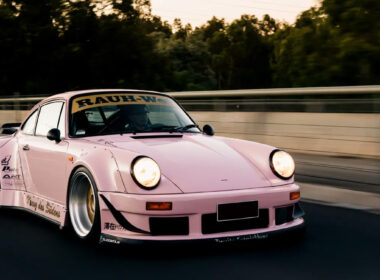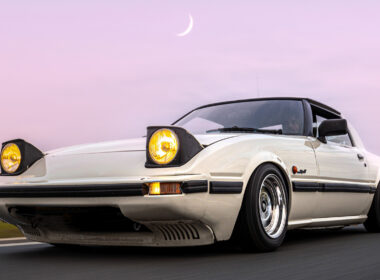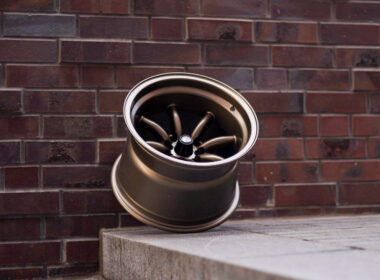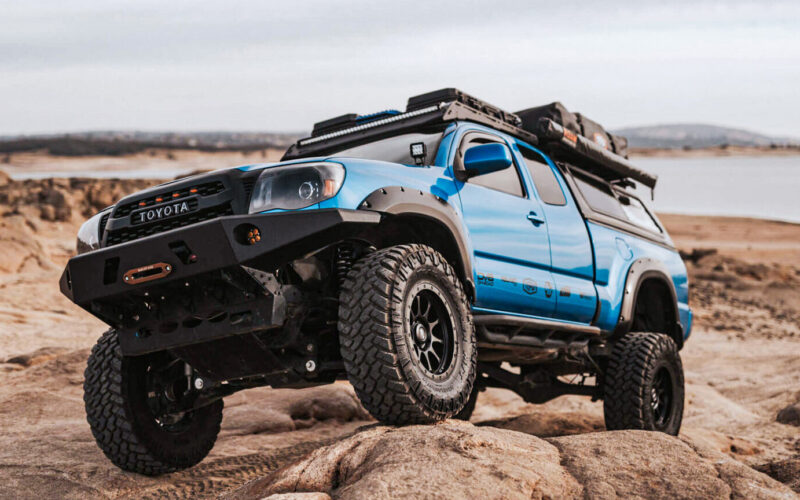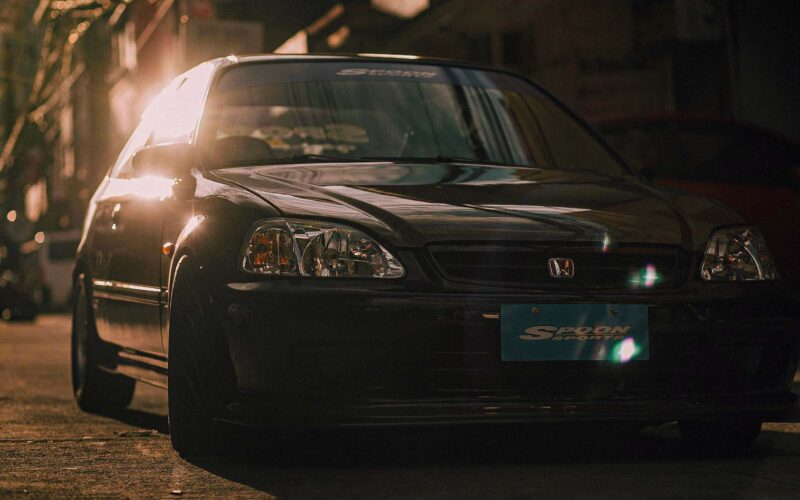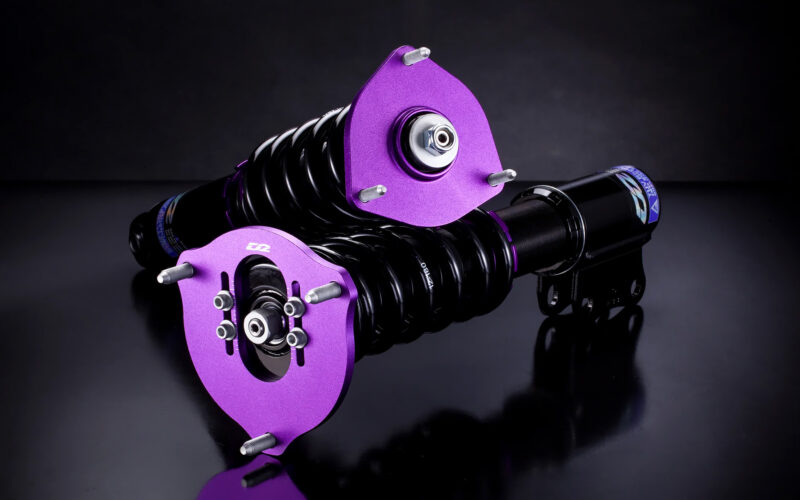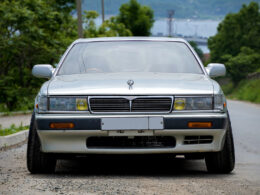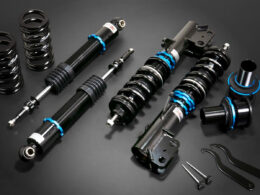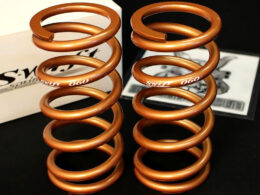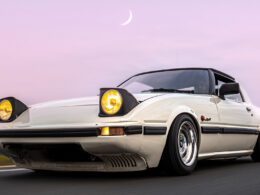Adventure touring has surged in popularity recently, especially after the pandemic when RV rentals went up 1600%. Although any car can be kitted out to be overland-friendly, the 3rd gen Toyota Tacoma seems to take the cake.
Despite the release of Toyota’s 4th gen Tacoma, the 3rd gen is the preferred tool for the job, largely due to massive aftermarket support. There’s a dizzying amount of parts and upgrades to make your Tacoma more off-road capable.
In this article, we’ll recommend the ultimate aftermarket upgrades that you should consider for your Tacoma overland build.
What Exactly is Overlanding?

There’s more to overlanding than just driving off-road, even though the latter plays a major role. Overlanding is more nuanced, in that it’s characterized by self-reliant travel to remote locations where the journey takes center stage, not necessarily the destination.
On the other hand, off-roading involves driving anywhere that’s not a paved road, whether for commuting or purely for the sake of enjoyment. This includes mud trails, rutted tracks, rock gardens, ridges, etc.
Tacomas are some of the most popular trucks in the 4×4 world and will likely stay that way for the foreseeable future—the aftermarket support is just enormous.
Below we look at some upgrades and aftermarket parts that will turn your Taco into the capable overlander you’ve always wanted it to be.
Chassis, Drivetrain, and Suspension Essentials
First, you must ensure that your Tacoma overlander can take whatever you throw at it. Within reason, obviously; you don’t want to build a hill-climb trophy truck.
The idea is for you to be able to reach most camping sites without car trouble. That said, you want your Tacoma to be just as capable of getting you out of whatever it gets you into.
While some trim levels are pretty well-suited for this from the factory, it’s always wise to install off-road-focused chassis upgrades to supplement the up-sized tires and lift kit combo that you’ve probably got going on. If not, then that’s where you should start.
Tires

This one’s a no-brainer. Even though your stock Tacoma will handle most of your overlanding demands with a smile, installing better tires will go a long way. As long as you’ve got a good set of tires, you’re more than halfway there.
Anything between 31″ and 33″ should get you just about any place you want to go. Be mindful though, that a lift kit may be necessary for tires over 33″ and larger. Don’t forget to include a spare.
Leaf Spring Kits

Leaf springs are among the most common off-road upgrades for many 4x4s including the Tacoma’s first 3 generations.
A good set of leaf springs for your Tacoma will give it back support it needs, allowing the rest of the chassis to coast through difficult terrain without taking much of a beating.
They will also bolster your truck’s hauling capacity, which is a welcome addition considering you might have a fair bit of extra load concentrated towards the truck’s rear end. This includes your sleeping setup and miscellaneous camping paraphernalia.
Upper Control Arms

One of the prerequisites to tackling gnarlier terrain is to unlock as much wheel articulation as you can. Installing a lift kit is one way to do that, but it’s not as easy as plug-and-play.
Like most wishbone suspension setups, Toyota’s stock UCAs are notably shorter than the lower arms. This means when you increase your ride height by installing a lift kit, it will cause unwanted changes in your camber angles.
Similarly, Toyota’s anti-dive geometry at the front end is peculiar in that it involves the upper chassis pivot of the UCAs to be oriented at an upward angle.
This causes unwanted drops in caster angle during droop travel, which translates to losing caster angle; lose enough of it and you’ll compromise highway stability.
OEM camber bolts will allow you to remedy this to some extent, but depending on how aggressive your lift is, you might want to install aftermarket control arms for added adjustability, strength, and ease of use.
There are plenty of great options for the 3rd gen Taco. Camburg and Total Chaos Fabrication are some of the most reputable manufacturers of chassis components for the Tacoma, and that also applies to upper control arms.
Re-gearing

Does your Tacoma feel sluggish after installing larger tires? Re-gearing is the solution. Larger tires need more leverage to turn compared to smaller ones; you just can’t go from 30″ to 33″ expecting the same amount of power at the same rpm.
By lowering your axle ratio, you can get more revs out of your engine which will give you that extra oomph to handle your larger tires. Re-gearing will also come in handy if you frequently haul a bunch of heavy gear, like a boat or a trailer.
From the factory, manual Tacomas have a 4.30 ratio, whereas the automatic ones come with a 3.90 ratio. The most common re-gearing options for the 3rd-gen Taco are 5.29 and 4.88, but 4.30 and 4.10 are also great options if you’re running 33″ tires.
Exterior and Durability
With chassis and suspension stuff out of the way, let’s explore exterior and durability upgrades. These will protect your rig and add style in equal measure.
Additionally, they’ll let you do a lot more with your truck as well as give you more confidence when the terrain gets especially bad.
Skid Plates

Skid plates are a common upgrade that we often see even in factory off-road trim levels. When you’re off-roading or overlanding, you might run into some debris or rocks, and they could damage the undercarriage.
By fitting front and rear skid plates, you can protect the chassis and undercarriage components from serious damage.
Snorkel Intake

You might have seen snorkel intakes on some miscellaneous off-road builds and wondered what purpose they serve. You never know where your travels might take you when you’re overlanding, and you could potentially run into waterlogged areas.
A snorkel intake allows the engine to keep its oxygen supply in check even when you’re fording deep streams and rivers. The last thing you want is a hydrolocked engine, so if you think you might encounter some water on your overlanding trips, it’s wise to invest in a snorkel intake.
Winch

Like fire extinguishers, winches fall under the category of stuff that “you don’t need until you really do”. In addition to helping out fellow adventurers, a good quality winch can get you out of sticky situations.
For those not in the know, a winch is essentially a massive roll of steel cable or rope attached to a spinning drum. It uses the alternator and battery for power, so it does not rely on the engine’s torque.
Quality of Life
Overlanding means taking your truck to the middle of nowhere, where supplies and sustenance are difficult to come by.
To survive in the wildlands, you gotta stack up on some miscellaneous items to improve your overall experience and safety. These don’t relate to the truck itself, but they can make a big difference in your comfort; both mental and physical.
Portable AC

A portable AC or heater is a great idea if you’re camping or lodging. You could run the truck’s AC or heater, but that will drain the battery, and depending on where you are, the AC refrigerant as well.
We recommend using a portable AC on an external power supply; don’t forget to bring spare batteries with you.
Camper Shell

If you don’t want to mount a tent on the roof of your Taco, a camper shell is a fantastic option. This essentially turns the bed in the back into a tent or a living quarter. All you have to do is add a DIY bed setup, and you’re good to go.
There are plenty of options out there, ranging from basic fabric tent setups that cover the bed completely, all the way to full-fledged hardtops that house proper living setups on the inside with some added safety.
Sleep Setup

The best way to prepare your Tacoma for a good night’s sleep is with a DIY sleep setup. There are tons of mattress options out there, and if you can find one with the same dimensions as the bed of the Tacoma, it’ll work wonders.
Inflatable mattresses also work great here. Just make sure you have enough room for pillows and blankets, and dial in your portable AC or heater to ensure comfortable sleep.
Miscellaneous
Other smaller essentials include chargers for all your devices, preferably 12v, a shower setup, plenty of shelf-stable food and drinks, a mini fridge to store them in, blankets, and maybe a sleeping bag.
Your Tacoma also needs a packed suitcase: extra oil, extra fuel, maybe some smaller spare parts if you have space for them, extra coolant, a portable air compressor if you wish to air down whenever you want, and extra refrigerant for the AC could also come in handy, again, depending on where you plan to overland.
Adventures Await
Those were all the things you’ll need to get started on your Toyota Tacoma overlanding setup. Overlanding is not a cheap hobby, as all of the above components tend to get expensive.
It’s easy to get carried away and buy more than you need, that’s why we’ve stuck with upgrades that we consider easily accessible.
If you’re new to this hobby and want to take your Toyota Tacoma out to faraway places, these upgrades will definitely help improve your experience. But if you want to go all out, consider looking into long travel kits for your Tacoma.
What are your overlanding essentials? Let us know by leaving a comment below.
